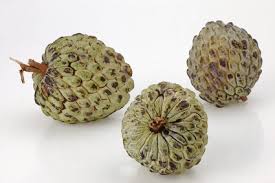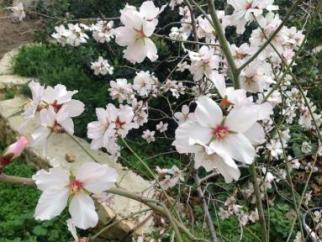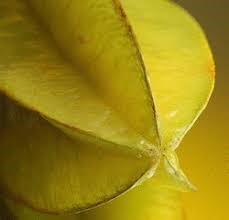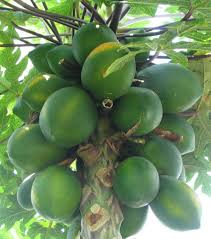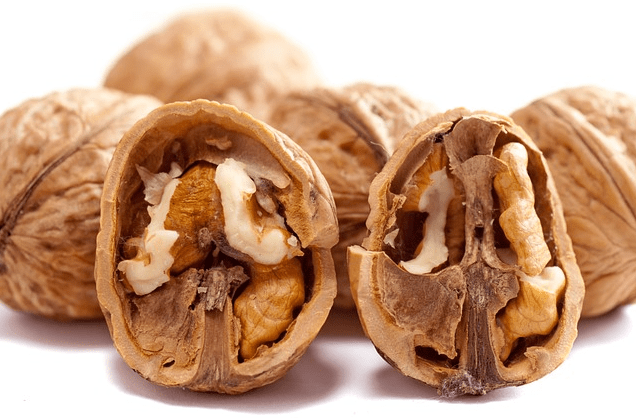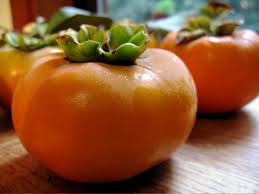Anona is a fruit of consensus.
It does not have the scent that accompanies the guava, which some float upon from the moment they enter the store, yet some are unwilling to have it near their home (even if it is in a bag, which is in a bag, in a sealed container in the refrigerator. They still know it's there). Nor is it like the Peruvian apple, or the pitaya, that some really don't like their texture (although I think they are simply delicious and heartwarming, in any texture). The anona is sweet, odorless and can be comfortably eaten with a spoon. What more could you ask for (besides not having seeds, of course). One of its sworn fans was Mark Twain, who wrote that he thought it was the most delicious fruit known to man.
The anona is rich with vitamin C, calcium and phosphorus. In places where monsoons rage, and also in place where they don't, but the weather is still considered tropical, the anona grows all year round. In less tropical places (such as our little country), it is available from late summer through the end of fall (and should be tasted while it is here because it’s season is not long). In Israel the anona fruit has a unique phenomenon – Some of the late-ripening fruits remain to "hibernate" on the trees throughout the winter, and are harvested with the following year's crop. The Indians have incorporated it into the Ayurvedic nutrition and medicine, and they use all parts of the tree and the fruit for various purposes – the seeds to treat diabetes, for other uses the leaves are scalded with hot water, the bark of the tree is dried as well as the delicious flesh of the fruit.
There are also known uses of anona for soothing, regulation of the digestion system and treatment of ulcers. In the western part of the planet, cosmetics and aromatic oils are produced from the anona. Despite its sweetness, organic anona is rich with nutritional fiber and not with calories.
The origin of the anona is probably in Middle and South America, and the Spanish land exploring adventurers probably brought their seeds with them to the Philippines, and from there the Portuguese introduced it to the Indians sometime around the 16thcentury. The anona adapted beautifully in the Indonesia area, spreading leisurely to Australia, South China and Polynesia. The world's largest producers and exporters of anona today are Brazil, India, Malaysia and the Caribbean.
The anona is just one variety of fruit from the family (Anonaceae. That's what is written on the sign on the door) -which includes about 100 other delicious family members. The common species are the smooth anona, the scaly anona (which became identified as the national fruit of Chile, although it is not originally from there), and the hybrid anona, which is the combination of both of them and is known in our country. Like many other good things, this hybridization was also created unintentionally, but by virtue of the proximity between plantations of the smooth anona and the scaly anona. The results attracted the attention of both farmers and consumers alike, and since then (around the 1940s) the new variety has been warmly welcomed.
The species that are grown commercially in the country are "Gaffner", "Caspi" and "Malamud" and can usually be found on the coastal plain. The anona tree demonstrates the principle that claims it is necessary to shed the old in order to make room for the new: these trees are evergreen, but in the spring they create their own kind of autumn and shed their leaves – the purpose is to free the buds of the new branches, which would otherwise be trapped in the petioles of the leaves from the previous year. And with that thought in mind, I suggest you try adding a few pieces of anona into a cup of tea, after it cools off a bit, and savor autumn.
Yours,
Maggie's Garden Team
Forecast:
In the ORGANIC vegetable baskets we expect (draft only):
Cucumber
Tomato
Lettuce
Potato
Eggplant
Onion
Parsley
Pumpkin
Swiss chard
The LARGE organic vegetable baskets also include:
Beet
Basil
Sweet potatoe
In the ORGANIC fruit baskets:
Red grapefruit
Orange
Banana
The large ORGANIC fruit baskets also include:
Dates – Brhai
Clementine
New! New! The ORGANIC Green Basket:
Swiss chard
Celery
Spinach
Basil
Dill
A kind of lettuce
Mint
Sprouts

